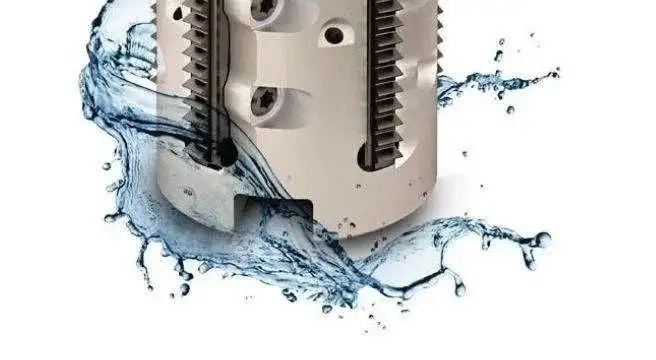Thread making is a complex machining process that requires careful planning and execution to achieve accurate and consistent results. This guide provides a detailed overview of key considerations for CNC thread making operations.

Thread Machining Methods
Common thread machining techniques include:
- Turning – Using CNC lathes and turning centers to cut external threads via single point threading or form tools.
- Milling – Internal and external threads machined on CNC mills with thread milling cutters.
- Grinding – For high precision threads ground on CNC grinding machines.
- Rolling – Cold forming threads into ductile metals using dies and rollers.
- Whirling – High speed thread whirling machines use rotating blade tools.
Machine Tool Selection
Choose machine tools suited for thread specifications, quantities, materials, and precision needs:
- CNC lathes – Ideal for high volume external thread turning.
- Multi-axis CNC mills – For intricate internal and external thread milling.
- CNC cylindrical grinders – For micro threads requiring sub-micron accuracy.
- Dedicated thread whirling machines – When high productivity is required.
Optimized Feeds and Speeds
Determining optimal cutting parameters is crucial for achieving required thread quality and tool life. Consider factors like workpiece material, tool material, lubrication, machine rigidity, and thread pitch.
Programming Methods
Precisely programming the CNC code for thread machining includes defining key parameters like lead, angle, pitch, direction, depth of cuts, and incorporating thread compensation.
Workholding Considerations
Proper fixturing like chucks, vises, mandrels, and collet blocks ensure workpiece stability and accuracy during thread making operations.
Tooling Selection
For turning, optimized inserts, tool geometry, and rigid tool holders minimize error. Thread mills, carbide hobs, and grinding wheels are selected based on thread specifications.
Electropolishing
Electropolishing is an electrochemical finishing process that removes surface defects and smoothens threads. It greatly improves corrosion resistance and fatigue strength.
Effective thread production requires combining the right machining methods, tools, parameters, inspection, and finishing processes. Proper planning optimizes cycle times, quality, and productivity.
This comprehensive guide covers key factors in CNC thread making to aid manufacturers.


Comments (0)